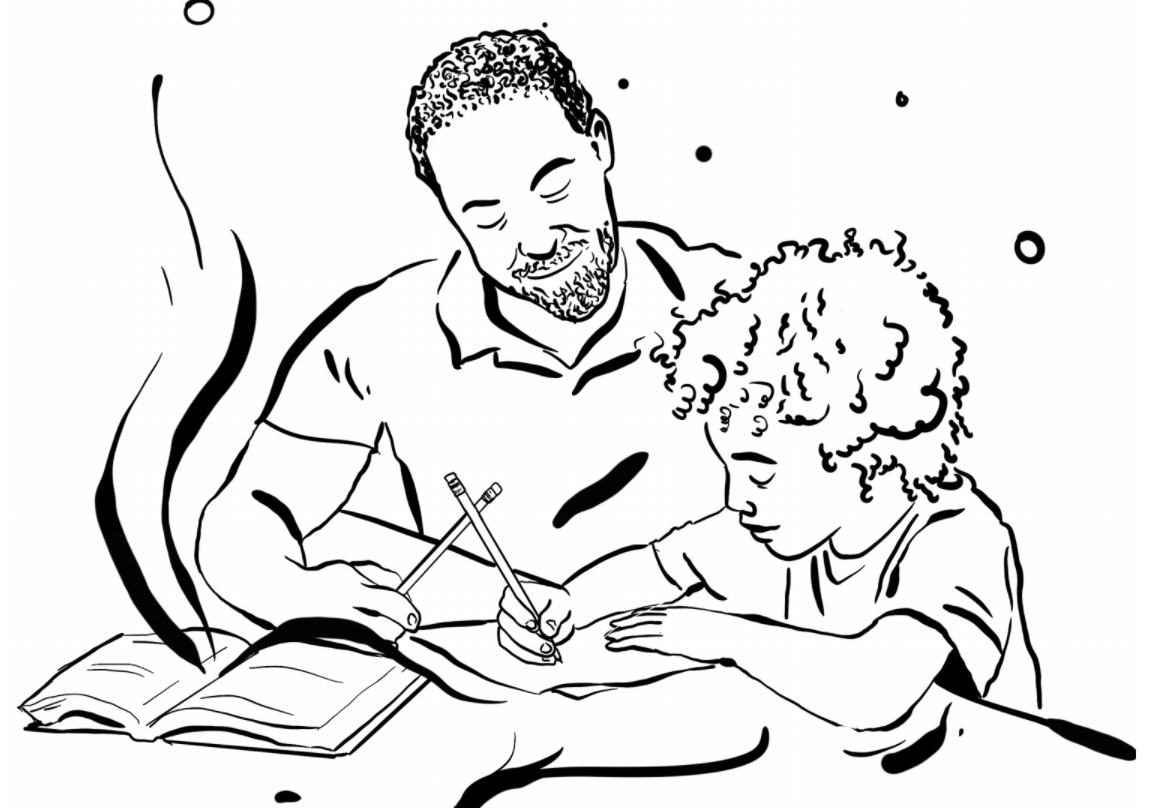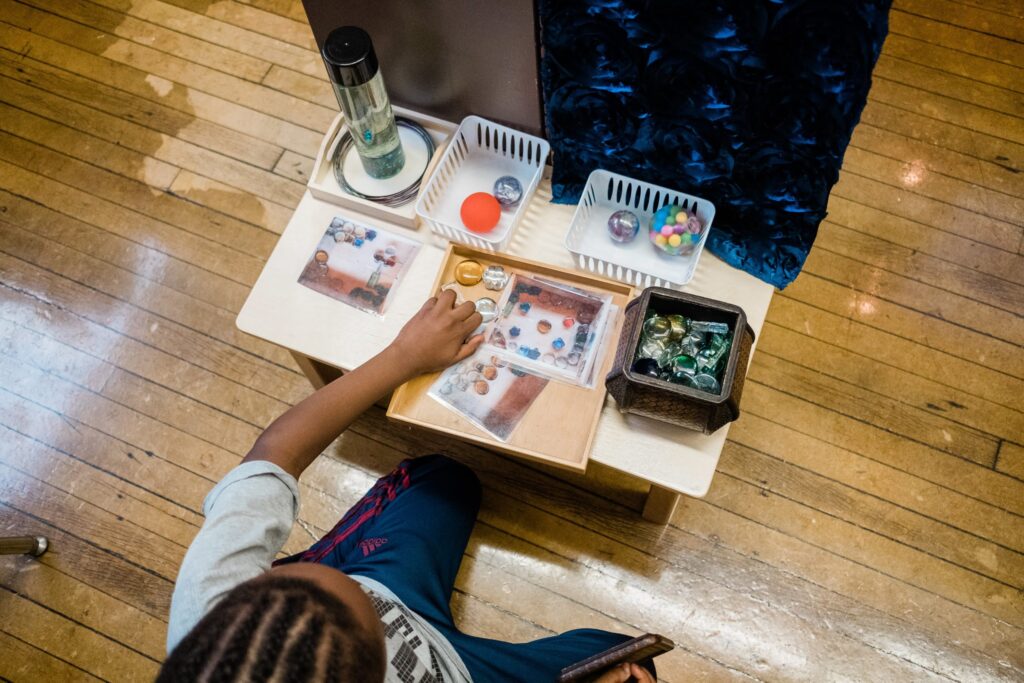This guest blog post written by Elisabeth Booze was syndicated from an article written for The Reinvention Lab at Teach for America.

In Summer 2020, I spoke to Jessica Brown, Muffy Mendoza, and Allyce Pinchback-Johnson, part of the founding team of The Black Homeschool Society. We talked about everything from Allyce watching her then 5-month old daughter grow up in the midst of quarantine, to their involvement with Black Women for Better Education, a group of 55 women in the Pittsburgh area who have come together to address the district’s response to remote learning. These women are dynamic: they are quick to compliment one another’s strengths with a specificity that shows a deep understanding of one another, thoughtful in how they discuss their work, and driven in the outcomes they want to see.
The Black Homeschool Society formed as a response to COVID-19. Mendoza had been homeschooling her own children for six years before taking part in founding this collective. It is clear listening to the women speak that Mendoza is the resident expert on the homeschool experience. Her biggest takeaway: not every student needs the same thing, and what parents and caregivers need is a platform that speaks to that range of needs. The Black Homeschool Society is about finding the most responsive way to build alliances between adults and young people, and to ensure learners are engaging at their highest potential, even if outside of a traditional school building. They are a collective that is deeply invested in giving black parents and stakeholders the opportunity to figure out what’s best for young people.
After talking with them, these are the biggest lessons we are taking away about an equitable future of learning.
Learning #1: Homeschooling Pods Can Be For Everyone, Not just the Rich
There’s a perception that homeschooling pods are for the affluent, and Black Homeschool Society is working against that notion. Indeed, the spike in homeschooling in recent months has largely been due to those with means choosing this option for their learners. But this doesn’t mean that the podding and homeschooling movement does not have liberatory potential, and can’t be made accessible for families of all income levels.
Instead, homeschooling can be an option for all people who are ready to call out systems and structures that have underserved BIPOC communities by design. When people think of Black students learning, so often they think of them sitting obediently in a classroom. It doesn’t have to be that way. Black Homeschool Society is all about anywhere and anytime learning — the local water plant, the garden in the backyard, and the local park all become classrooms.
Learning #2: Homeschooling Pods Offer Meaningful Opportunity for Deep Social-Emotional and Culturally Responsive Learning
Another common perception that Mendoza notes is that homeschooled children are ill-equipped socially. This absolutely doesn’t have to be the case. In fact, in her experience, Black homeschooled children are able to speak more deeply about their ancestors’ experiences on this soil, instead of mirroring back ideas from a curriculum that tells the same story that’s always been told about Black people in America.
In Mendoza’s homeschool, this looks like studying Black history, reading books that dive deeper into the Black experience and also, “having the room to define our Black experience for ourselves.” Mendoza goes on to say that, “In American institutions, [Black people] are always called upon to alter and reimagine their lives under the guise of constant critique of our experiences by white America. Homeschooling provides a haven for that experience. It has allowed my family to embark on a learning journey that takes into consideration our experiences as Black people versus reacting to and being educated from the basis of white folks’ ideology about the Black experience.”
Learning #3: Homeschooling’s Cycle Proves That It Will Be an Integral Element of the Future of Learning
For Black families and caregivers looking at their school options in what are uncertain times: this collective begs you to imagine what is possible for learners. For so long they’ve been pushed into Eurocentric learning environments, and this is a moment to reimagine what learning looks like. Homeschooling has existed long before this moment: it is ancestral, the way that communities have been educating young people since long before the Industrial-Era school system, and will exist long after. The cycles of learning reinvention have taught us that we are constantly re-understanding and re-mixing what we already know: reinvented doesn’t have to mean new.
Pinchback-Johnson tells me about Black Homeschool Society that, “Right now, we see it as a place where all caregivers can go to get support for their children, whether they are established homeschoolers, looking to make the transition to homeschooling, or looking for supplemental learning opportunities for their children. We are getting ready to pilot some collective learning opportunities through a co-op. The idea of a co-op/society manifests itself through the well-known adage, it takes a village. We want this to be a safe space for caregivers to come and get ideas, support, and resources to advance the learning goals of their children and reflect the Black excellence inherent in our children and families.”
These learnings, and so many more, are part of why Black Homeschool Society is an organization to learn from. They are starting with community to re-imagine what options are available for their young people. They are tearing down existing structures and helping families see other ways to give their students what they need.
